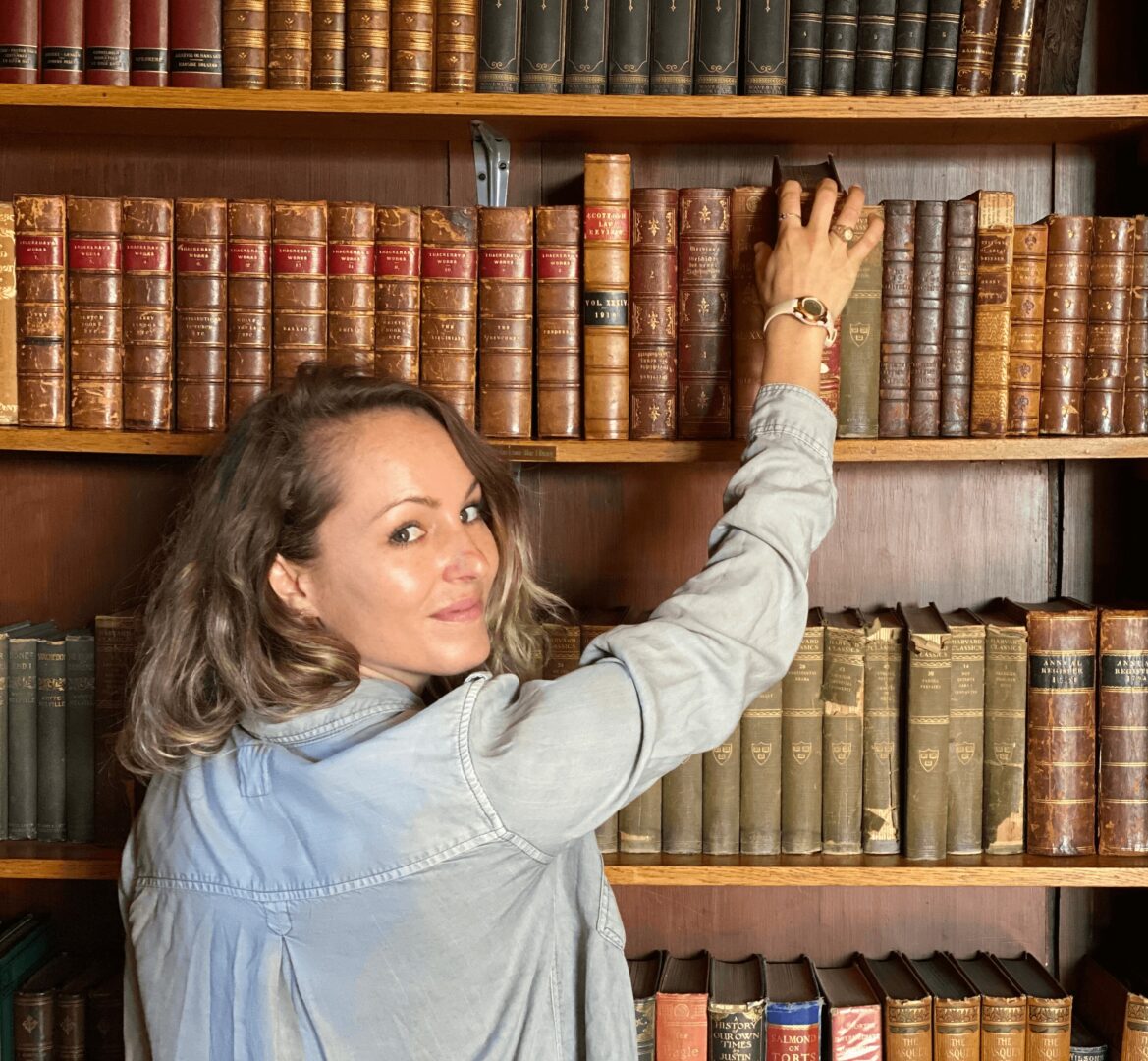We’re excited to introduce you to the always interesting and insightful Robyn Dabney. We hope you’ll enjoy our conversation with Robyn below.
Robyn, so good to have you with us today. We’ve always been impressed with folks who have a very clear sense of purpose and so maybe we can jump right in and talk about how you found your purpose?
A few years ago, I asked a childhood friend why they had been friends with me, and they said, “We always knew we would have fun with you. It would be interesting.”
My parents like to tell the story of our family sitting at dinner one night when they jokingly said they would have to get rid of me (it was the ’80s; people said stuff like this to their kids). My sister looked horrified and said, “But who will make us laugh?”
Growing up in rural Utah, I spent my days running around the desert, creating stories and characters, like the friendly monster in the first-grade bathroom and gender-bent retellings of Hercules and The Hobbit. My life was a never-ending story, play, musical, and adventure. I lived with one foot on the red sandstone and one in an alternate dimension. I lived to make people laugh. To make them smile. To make them feel something. I didn’t understand purpose then, but I liked whatever this glow inside me was.
I discovered my passion for reading and writing in second grade when I was placed in the lowest reading group. Competitiveness drove me to devour books and improve my skills. Through this, I fell in love with words and the magic of stories on a page.
I studied wildlife biology and park management in college because I love the outdoors and wanted a stable career, but I never escaped the need to tell stories. In 2013, I quit my “real” job to become a serious writer, taking odd jobs along the way to support my career.
From an early age, I knew I was meant to share stories—to entertain, make people laugh, help them feel seen, and understand deeper truths. Some of us learn our purpose over time through experience. Some of us know it early but must go on a twisting journey to accept it. For me, finding my purpose was simply acknowledging something I knew from the beginning, and having the support from those around me to pursue that purpose. Storytelling not only connected the people in my life to me but also helped me connect to others and the world. I needed writing to be whole. To glow.

Great, so let’s take a few minutes and cover your story. What should folks know about you and what you do?
I am an author and freelance copyeditor who writes books and short stories exploring good, evil, and the human condition.
My motto is Truth through Fantasy.
Growing up on Tolkien, Lewis, L’Engle, Le Guin, and Atwood, I’ve always viewed the fantasy genre as a vessel for telling the truth. Through my writing, I aim to highlight real-world issues, spark conversations, and make readers think. I write to explore my own feelings. To sort out my own frustrations with the world. I write as a piece of the puzzle of authors past and present, from all curves of the globe, who are trying to sort out this crazy world we live in through words.
I want my work to combine thrilling adventures and meaningful explorations of tolerance, empathy, and the complexities of human nature. My characters face significant challenges because the journey to empathy, equality, and self-love is arduous. Plus, as a reader, I’m drawn much more to struggle and hardship than I am to an easy slide through life. Who isn’t?
And like most authors, I write what I like to read.
I’m currently working on two series: The Soul Mender trilogy and The Daughter of the Summit and Sea series, whose first book, The Ascenditure, was released in May and tells the story of a determined young woman in a patriarchal kingdom who dares to challenge the system and climb the mountains she’s been forbidden to summit.
I wrote this series for two reasons: the first is a love letter to the mountains and my parents, who instilled in me a passion for exploring the wilderness, finding the beauty in a silent massif, and not shying away from tough physical and mental challenges. The second reason is a strict condemnation of sexism and misogyny in traditionally male-dominated fields.
Growing up as a tomboy in the early 90s, I gravitated toward traditionally male-dominated sports, jobs, and hobbies. Despite encountering instances of sexual harassment and sexism along the way, I had strong role models and books with fierce main characters to turn to for support. I have always been passionate about women claiming their power, so I wanted to write something to add to that particular bookshelf that might empower other young people.
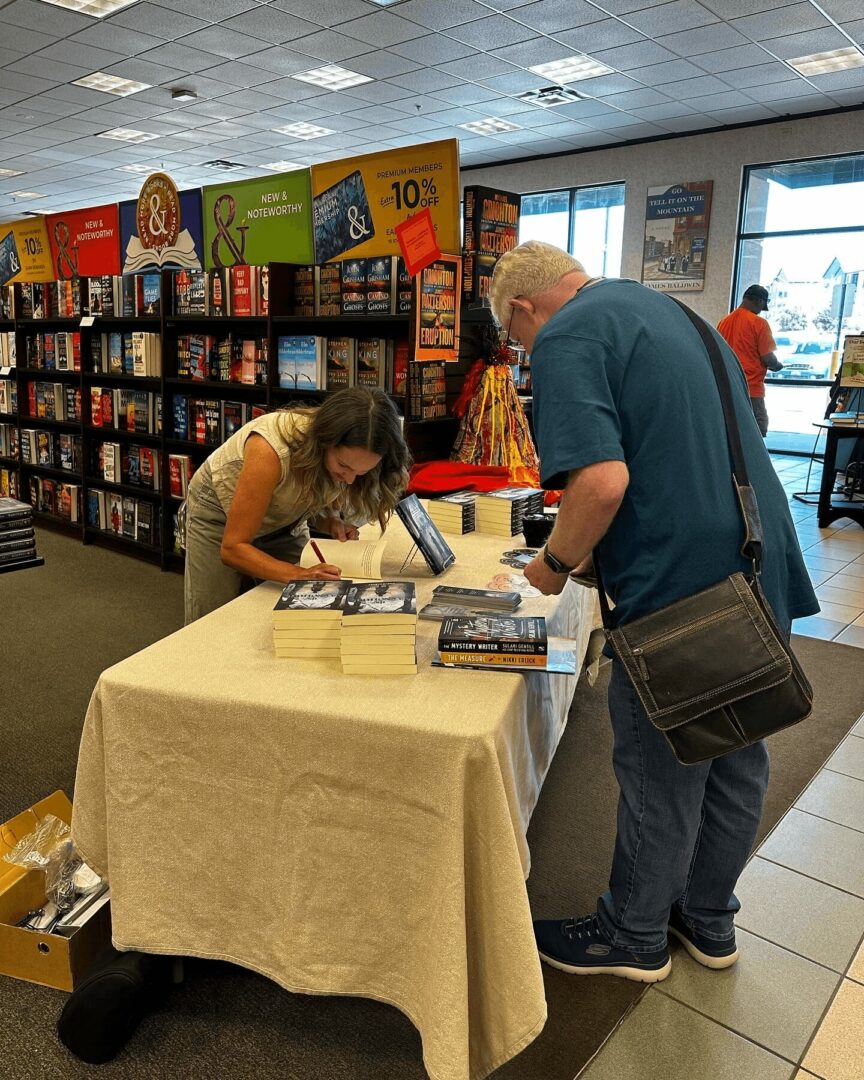
Looking back, what do you think were the three qualities, skills, or areas of knowledge that were most impactful in your journey? What advice do you have for folks who are early in their journey in terms of how they can best develop or improve on these?
Autonomy, flexibility, and creativity have been the cornerstones of my writing journey and are essential for anyone pursuing a creative life.
Choosing a creative life is like entering a choose-your-own-adventure book rather than one with a concrete beginning, middle, and end.
At the start, you’re asked if you’d like to leap off a cliff or continue down your current path. You jump. After you leap, you’re in charge of pulling the parachute, deciding where and how to land, and determining the direction to set off. Along this new and mildly (or wholly) terrifying path, you decide which characters to let in as trusted allies, where to stay, where to focus your energy, and what to create.
On this path, you must motivate yourself. No one will rely on you to show up every day. To keep moving forward. You could easily get stuck doing nothing. At times, you will feel lonely, lost, and scared. At times, you will feel inspired, transcendent, and fulfilled. Many people will lift you up and support you, while others will make sure you know what a terrible decision you’ve made and criticize your work.
Autonomy gives you the courage to take the first leap and ignore the naysayers. To trust that a path of uneven stones might be better suited to you than one of level asphalt. Flexibility enables you to constantly reevaluate where you’re going and what you’re doing. It grants you the freedom to bend and not break when things don’t work out—and they won’t always work out. It gives you the gift of understanding you still have much to learn and helps you pivot toward people and projects who can help you grow. Creativity empowers you to fulfill your purpose and envision any one of a million futures where you thrive in your chosen life. It allows you to construct everything you need—a parachute when you jump. Or wings. Or a spaceship. It’s your story…
You can develop these traits with practice if you don’t naturally possess them. Start by setting small, manageable goals to build your autonomy. Take ownership of your projects and decisions, and gradually increase your responsibilities. Do small things that scare you. Then do more. To foster creativity, expose yourself to new experiences and people, read widely, remove your headphones, lift your eyes from your phone screen, take in the sights and sounds around you, and experiment with different forms of expression. Flexibility can be cultivated by staying open to change, learning from failures, and adapting your plans.
Embrace challenges as opportunities for growth, and you’ll find these traits becoming integral parts of your creative living toolkit.
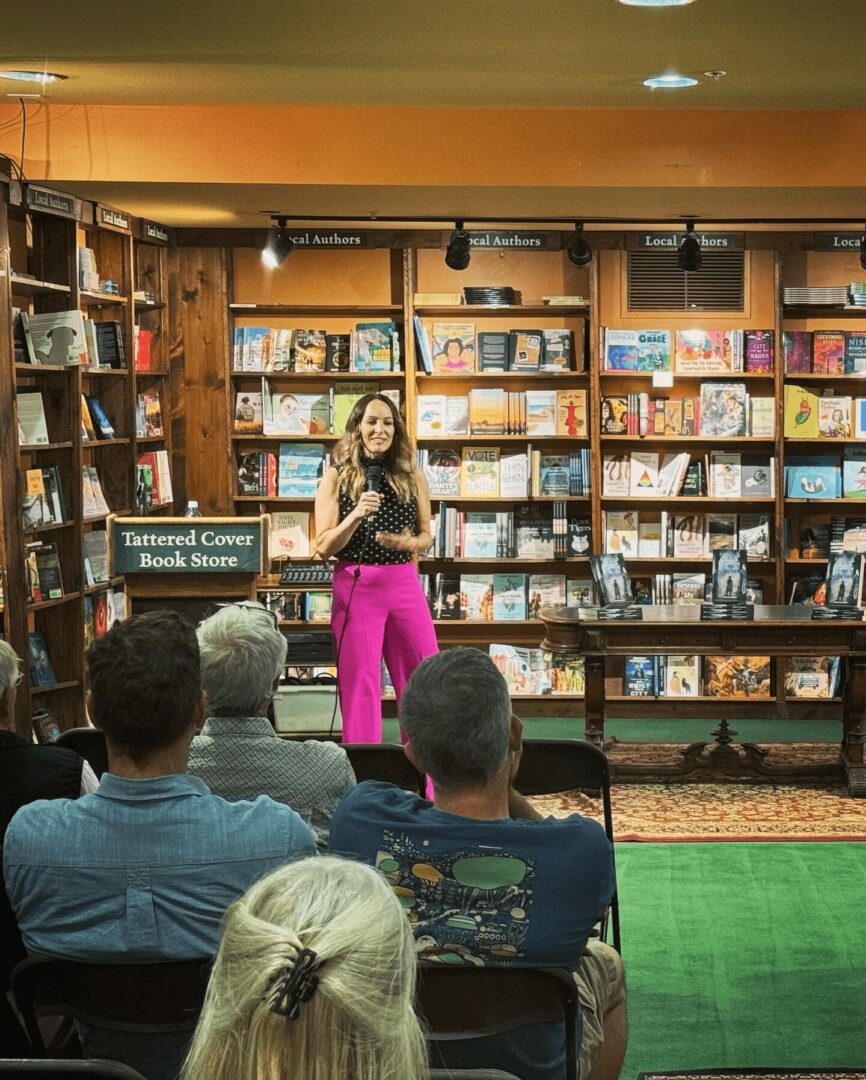
Do you think it’s better to go all in on our strengths or to try to be more well-rounded by investing effort on improving areas you aren’t as strong in?
I want to answer this in two parts: writing and being a good author and then being a decent human and member of this world. For both, you owe it to yourself and those around you to celebrate your strengths—showcase the hell out of them—while striving to improve where you need work.
First, writing. When I wrote my first novel, I had a great grasp of plot and could weave a wicked, twisted tale. However, my character development needed work. My craft and sentence work was amateur. But my plot, my creativity—chef’s kiss! I could have stopped there. After all, wasn’t my storytelling being praised? But that wouldn’t have served me as a writer, been fair to future characters, or honored my readers. We all deserve my best work. So, I focused on improving my character work and craft, aiming to elevate all elements of my storytelling.
The result? Everything I write now is better than what came before. I feel more competent as a professional, my characters are more dimensional, my sentences reflect my growing voice, and my readers have told me how much they enjoy watching my growth. And because I keep growing, because I give them not only thrilling plots but characters to care about and sentences to savor, they keep reading.
Part two, being a good human. We all have traits that don’t serve us, but we cling to them because they are masks, safety blankets, ingrained habits, shields, etc. I often hear people say things like, “XXX isn’t rude. They don’t mean that. That’s just how they communicate. They ignore everyone. It’s not that they hate you…”
We owe it to ourselves and our communities to grow in areas where we’re weaker. The aspects of ourselves our friends and family must make excuses for. We can’t reach our full potential if we settle into a “this is who I am, deal with it” mindset when it harms us or our relationships. If being your fabulous self threatens others and they push back, stand firm. However, if it’s about your ability to communicate, be kind, be courageous, or reconsider harmful values, you have a responsibility to work on it. Growth in these areas improves your life and strengthens your connections with others.
And most importantly, who you are bleeds into what you create.
Contact Info:
- Website: https://www.robyndabney.com/
- Instagram: https://www.instagram.com/robyndabneyauthor/
- Facebook: https://www.facebook.com/robyndabneyauthor/
- Linkedin: https://www.linkedin.com/in/robyn-dabney-08b9281b9/
- Twitter: https://twitter.com/robyntheauthor
- Other: Tiktok: https://www.tiktok.com/@robyndabneyauthor
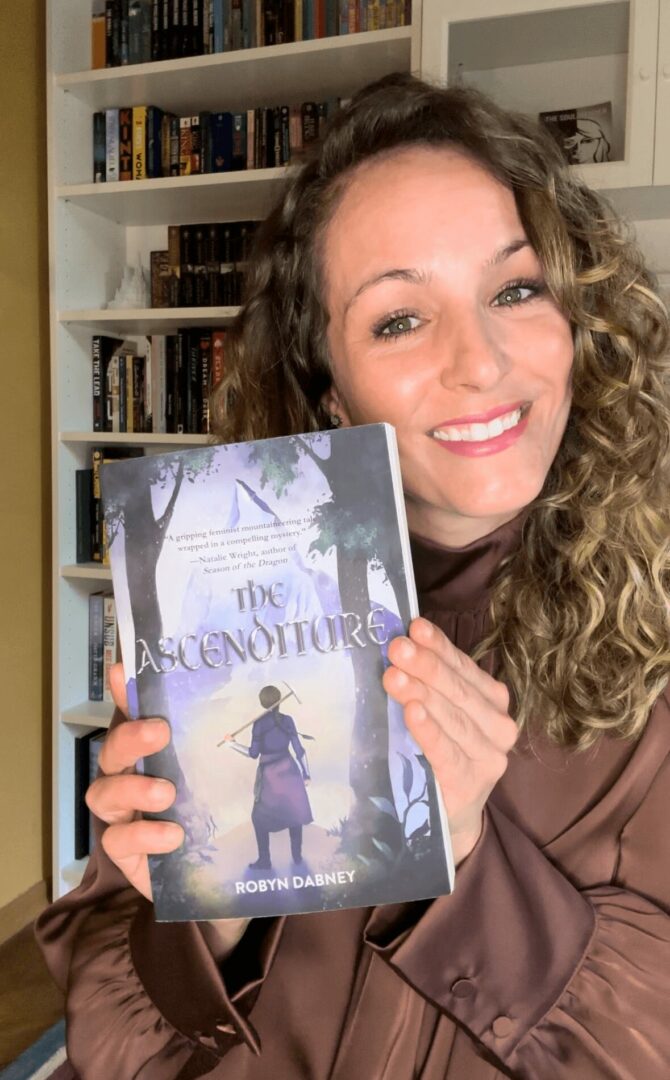
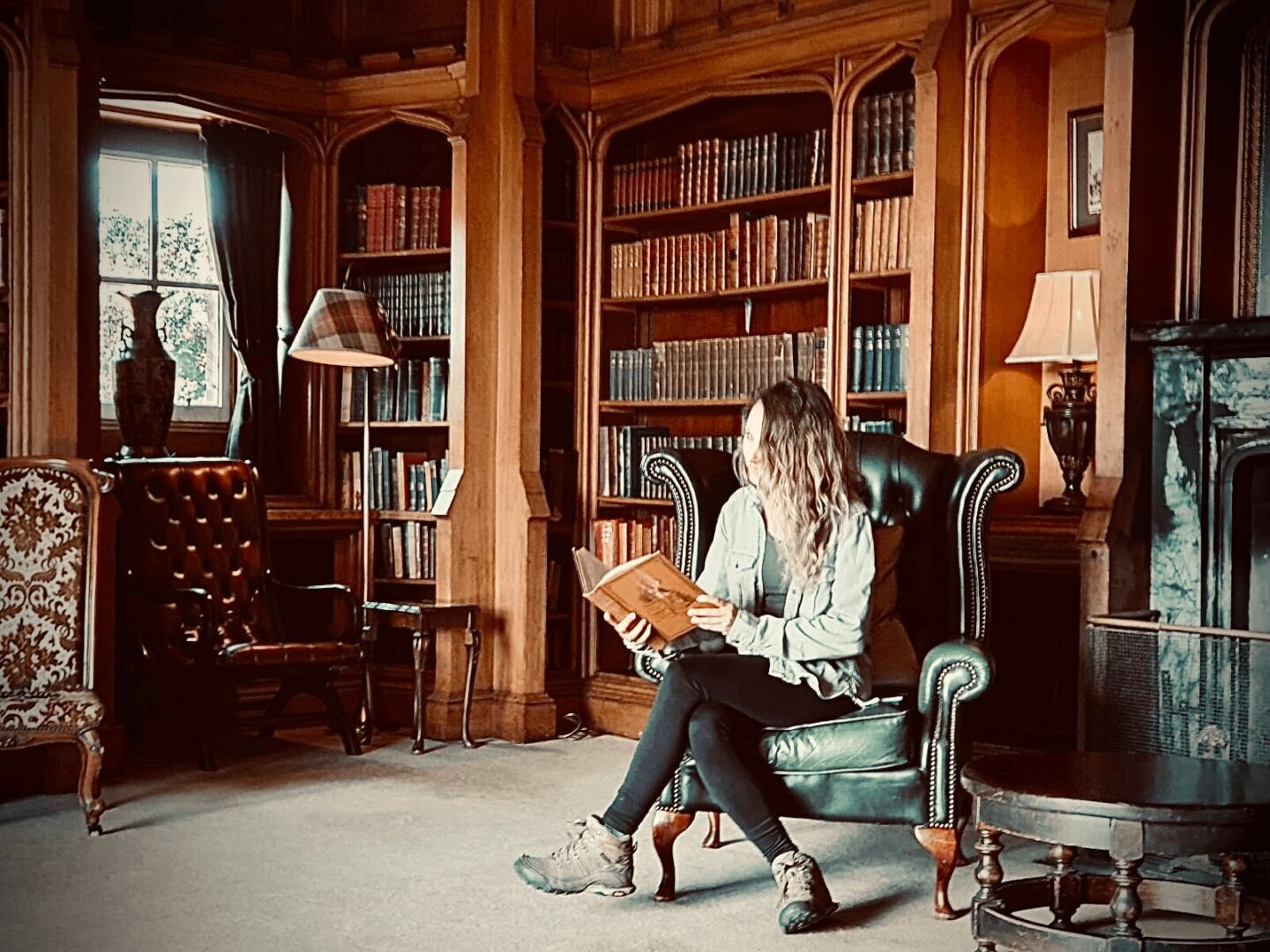
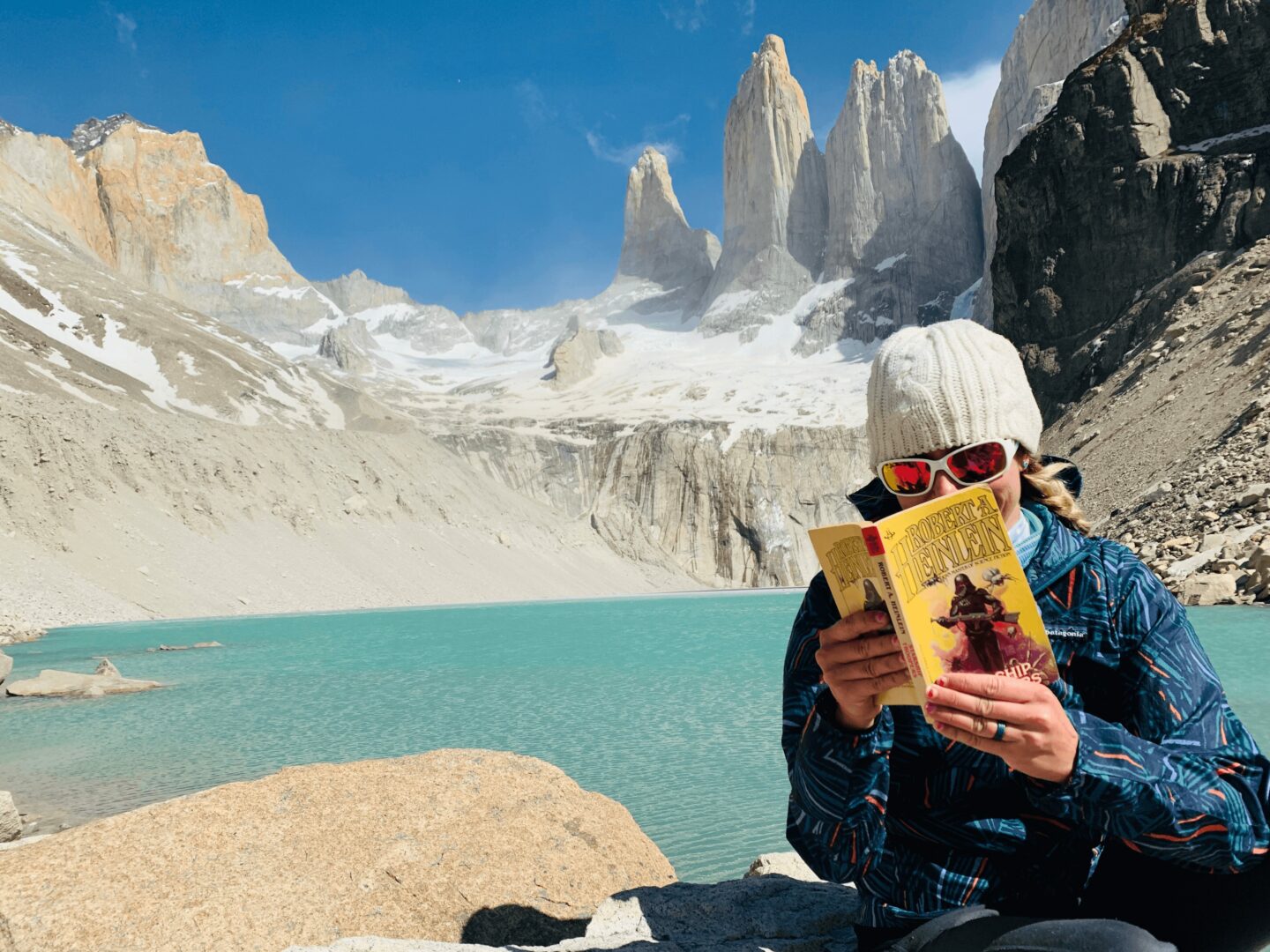
Image Credits
N/A
so if you or someone you know deserves recognition please let us know here.

